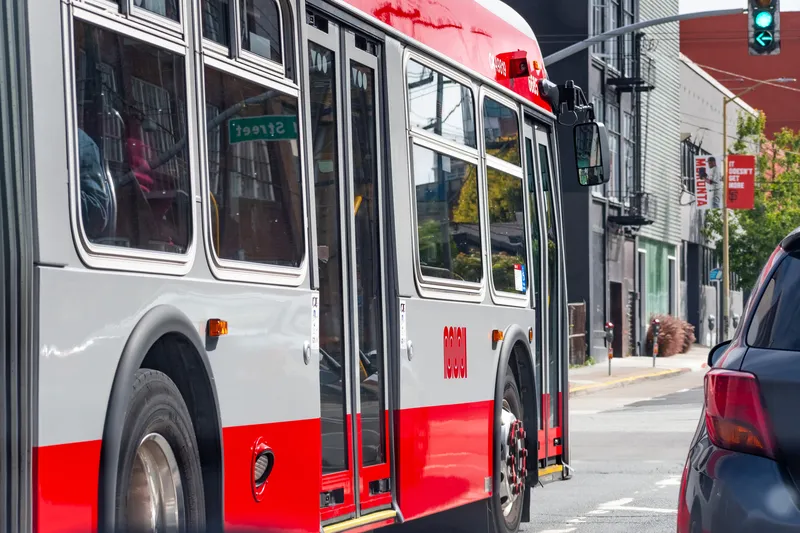According to a new OECD report, boosting private sector investment in sustainable transport infrastructure will be essential as governments seek to meet long-term economic and environmental objectives at a time of constrained public finances. Mobilising Private Investment in Sustainable Transport: The Case of Land-Based Passenger Transport Infrastructure points out that investment in transport systems is a powerful driver of long-term growth. It also notes, however, that the transport sector is the second l
May 30, 2013
Read time: 2 mins
According to a new 7353 OECD report, boosting private sector investment in sustainable transport infrastructure will be essential as governments seek to meet long-term economic and environmental objectives at a time of constrained public finances.
Mobilising Private Investment in Sustainable Transport: The Case of Land-Based Passenger Transport Infrastructure points out that investment in transport systems is a powerful driver of long-term growth. It also notes, however, that the transport sector is the second largest contributor to greenhouse gas (GHG) emissions globally, contributing 23 per cent of carbon dioxide (CO2) emissions from fossil-fuel combustion, as well as a significant source of pollutants which pose serious risks to human health.
Transport emissions could double by 2050 if governments fail to address unsustainable patterns in existing models, the OECD said. The new report encourages policymakers and private sector actors to shift investments away from emissions-intensive transport infrastructure that is not resilient to climate change towards more sustainable transport modes, such as metros, passenger rail, bus rapid transit or electric vehicle charging stations.
"It is urgent that investment in transportation moves towards building right, not just building more. The private sector has a key role to play in this shift, which will help governments to meet the pressing economic, social and environmental challenges they will face over coming decades." OECD Secretary-General Angel Gurra said during the launch of the report at the998 International Transport Forum's annual summit in Leipzig, Germany. "Governments on their part must play a central role in mobilising private sector investment for sustainable transport infrastructure."
The new OECD working paper provides governments with a comprehensive toolkit of key policy instruments to mobilise private investment in sustainable transport infrastructure. It builds on the OECD's Green Investment Policy Framework, and emphasises the need for integrated, domestic policy frameworks to address investment barriers.
Mobilising Private Investment in Sustainable Transport: The Case of Land-Based Passenger Transport Infrastructure points out that investment in transport systems is a powerful driver of long-term growth. It also notes, however, that the transport sector is the second largest contributor to greenhouse gas (GHG) emissions globally, contributing 23 per cent of carbon dioxide (CO2) emissions from fossil-fuel combustion, as well as a significant source of pollutants which pose serious risks to human health.
Transport emissions could double by 2050 if governments fail to address unsustainable patterns in existing models, the OECD said. The new report encourages policymakers and private sector actors to shift investments away from emissions-intensive transport infrastructure that is not resilient to climate change towards more sustainable transport modes, such as metros, passenger rail, bus rapid transit or electric vehicle charging stations.
"It is urgent that investment in transportation moves towards building right, not just building more. The private sector has a key role to play in this shift, which will help governments to meet the pressing economic, social and environmental challenges they will face over coming decades." OECD Secretary-General Angel Gurra said during the launch of the report at the
The new OECD working paper provides governments with a comprehensive toolkit of key policy instruments to mobilise private investment in sustainable transport infrastructure. It builds on the OECD's Green Investment Policy Framework, and emphasises the need for integrated, domestic policy frameworks to address investment barriers.









